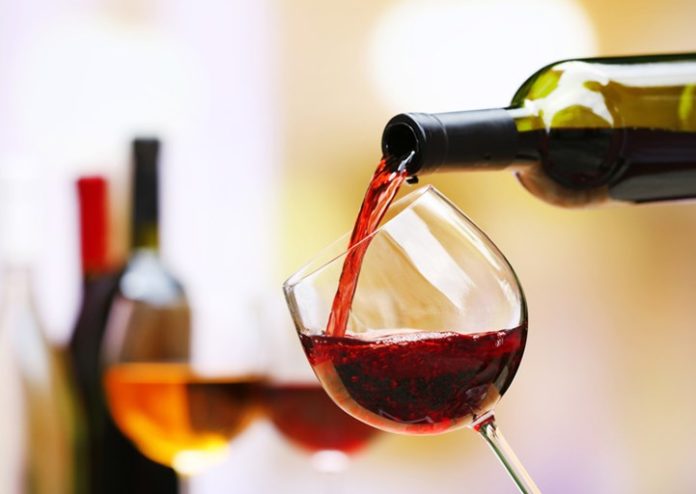Everyone has it—that one bottle of alcohol sitting in the back of the freezer or tucked away in a cabinet somewhere, so old you can’t even remember when you bought it. It sits largely unused, aside from the rare occasion you find yourself pulling it out from its hiding place and wondering, Can this really still be good?
Many people think liquor lasts forever. But while some types will stay good for quite a while, others have a more complicated or rather short shelf life. If you want to keep your spirits valid longer, follow these tips on how to store and preserve your liquor properly.
KEEP IT COOL
For common distilled spirits, such as whiskey, vodka, gin, rum and tequila, the general rule of thumb is to store them at room temperature. Though some experts say the ideal range is slightly lower, between 55 and 60 degrees. Keeping them in a relatively cool place preserves them longer. As temperatures rise, the alcohol begins to expand and can evaporate more quickly. While it won’t hurt you healthwise to consume, storing in a warm place can cause the liquor to oxidize more quickly and change flavors over time.
AVOID THE SUN
If your bottles sit on a bar cart, make sure they’re out of direct sunlight. While sun rays won’t spoil liquor, extended exposure to the sun has a similar effect to storing at high temperatures (speeding up the oxidation process). In fact, researchers showed that sun can be even worse for liquor than warmth.
TO FREEZE OR NOT TO FREEZE
While no spirit needs to be kept this cold, it’s a matter of preference (many choose to do this with lighter liquors), and there’s no harm in doing so, as the alcohol won’t freeze. Even if you don’t opt for this storage method, gin and vodka are better served chilled, so experts recommend throwing them in the freezer about an hour before serving.
LIQUOR LIKES TO STAND
For the best results, it is always advised to keep bottles vertical. Keeping your whiskey down rather than standing it upright can cause the cork to mix and seep into the liquid, altering the high-alcohol content and causing it to disintegrate over time.








